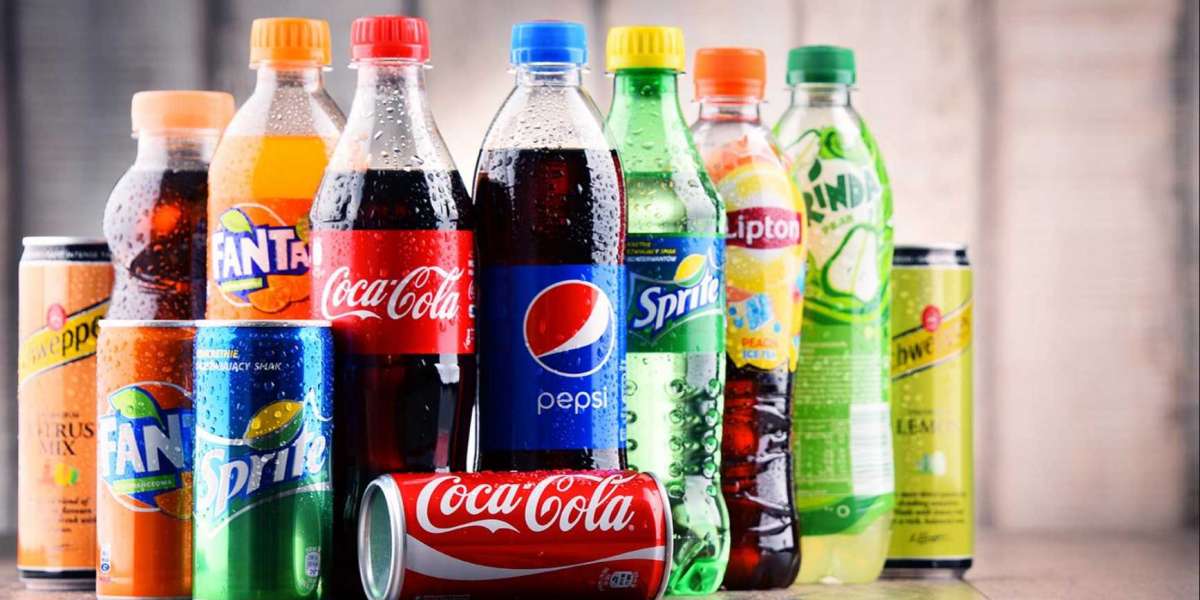Over the past decade, there has been a notable shift in consumer preferences towards plant-based milk alternatives. These dairy-free beverages have become increasingly popular, with a growing number of people looking for healthier, environmentally friendly, and ethical options. In this article, we explore the rise of plant-based milk alternatives and the growth of the dairy-free beverage market.
The plant-based milk industry has seen remarkable growth in recent years, with global sales of non-dairy milk alternatives increasing by over 60% between 2012 and 2017. In the US alone, the plant-based milk market is expected to reach $21.7 billion by 2024, up from $14.4 billion in 2019. This growth can be attributed to several factors, including health concerns, environmental awareness, and changing dietary preferences.
One of the main drivers of the rise in plant-based milk alternatives is health consciousness. Many consumers are turning to dairy-free beverages as a healthier alternative to cow's milk, which is often high in calories, saturated fat, and cholesterol. Plant-based milk alternatives, on the other hand, are typically lower in calories and fat and can offer a variety of health benefits, such as being high in protein, vitamins, and minerals.
Another significant factor driving the growth of the dairy-free beverage market is environmental awareness. With concerns over climate change and sustainability, more consumers are looking for eco-friendly options, and plant-based milk alternatives are considered a more sustainable choice than cow's milk. Dairy production is a significant contributor to greenhouse gas emissions and requires large amounts of water and land. In contrast, plant-based milk alternatives have a much lower environmental impact, requiring less water and land, and producing fewer greenhouse gas emissions.
Changing dietary preferences and a growing number of people adopting vegan or vegetarian lifestyles are also contributing to the rise of plant-based milk alternatives. For those who choose to eliminate animal products from their diet, dairy-free beverages are an essential part of their daily routine. Additionally, as plant-based diets become more mainstream, there is a growing demand for plant-based alternatives to traditional dairy products.
The plant-based milk market has also seen significant innovation and diversification in recent years, with a wide range of dairy-free alternatives now available. Popular plant-based milk options include almond milk, soy milk, oat milk, and coconut milk, with newer alternatives such as pea milk and hemp milk gaining popularity. These alternatives offer consumers a wider range of choices, catering to different tastes, dietary needs, and preferences.
In response to the growing demand for plant-based milk alternatives, many major food and beverage companies have started to invest in and expand their plant-based product lines. Companies such as Nestle, Danone, and Coca-Cola have all launched or acquired plant-based milk brands, and many others are expected to follow suit. Additionally, many retailers are now stocking a wider range of plant-based milk alternatives, reflecting the increasing popularity of these products.
In conclusion, the rise of plant-based milk alternatives is a growing trend that shows no signs of slowing down. Consumers are increasingly turning to dairy-free beverages for health, environmental, and ethical reasons, and the plant-based milk market is expected to continue its impressive growth trajectory. With a wider range of choices and increased availability, plant-based milk alternatives have become a mainstream and viable option for those seeking a dairy-free lifestyle.








